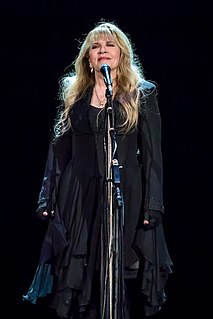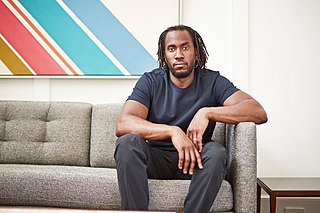A Quote by Paul Beatty
I remember going to see Amiri Baraka. It wasn't actually too long before he died. He said, "You've got to write to change the world!" I was like, "Not me, no, no, no, no."
Related Quotes
I remember Prince gave me a cassette of Purple Rain. It was like 20 minutes long and he asked me to write something on it. I tried for a month and then he came to L.A. I went to see him and said, "I can't do it. It's too perfect. It's like 'Stairway to Heaven.'" He said OK and then I go, "I can keep the cassette, right?" He said, "Of course and thank you for trying."
I was roommates with 2 of the guys who were influential in forming the Black Arts philosophy. I called them "goons," and [Amiri] Baraka took offense at that. But if you read his autobiography, the night we went up there for a fundraiser, he talks about how he wished that some violence would happen to us. How do you like Baraka as a gracious host?
In 1967, the students at San Francisco State invited the poet Amiri Baraka to the campus for a semester. He attracted other influential black writers such as Sonia Sanchez, Ed Bullins, Eldridge Cleaver. What emerged was something we called the community communications program. That's how I got involved; I got involved in a little play
In 1967, the students at San Francisco State invited the poet Amiri Baraka to the campus for a semester. He attracted other influential black writers such as Sonia Sanchez, Ed Bullins, Eldridge Cleaver. What emerged was something we called the community communications program. That's how I got involved; I got involved in a little play.
From Borges, those wonderful gaucho stories from which I learned that you can be specific as to a time and place and culture and still have the work resonate with the universal themes of love, honor, duty, betrayal, etc. From Amiri Baraka, I learned that all art is political, although I don't write political plays.
































